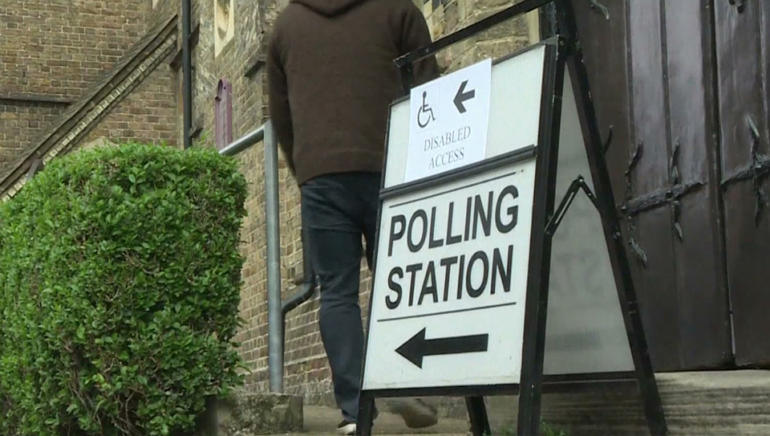In the UK results from local elections show significant losses for both conservative and labour parties.
While Brexit had nothing to do with the issues at the ballot box, it was front and center on voters’ minds.
CGTN’s Richard Bestic explains.
These elections were supposed to be about local issues.
Such the all-pervading presence of Brexit, they’ve become a critical measure of general attitudes.
Town Hall councilors, the foot soldiers of British politics, reporting hostilities on the doorstep.
UK Prime Minister, Theresa May, voting in her Home Counties constituency, anticipated a torrid time, worsened perhaps by finger-wagging from her grassroots.
“Is Theresa May the solution? Many in my constituency, in my association, don’t think she is. Also losing votes, councilors, and control over town halls, the Opposition Labour Party,” said Wayne Fitzgerald Conservative Deputy Leader Peterborough Council.
The consequence of a failed appeal to people on all sides of the Brexit argument.
“Some of them were people probably disagreeing with both Parties on attitudes towards the European Union,” said Jeremy Corbyn the UK Opposition Labour Leader.
Independent candidates picked up bucket loads. While Liberal Democrats, normally on the peripheries, but openly calling for a second Brexit referendum have their best result in 15 years.
There’s no definitive way of knowing exactly what people voted for in these elections, but with eight-and-a-half thousand seats up for grabs, they are the significant barometer of Britain’s public mood.
 CGTN America
CGTN America

